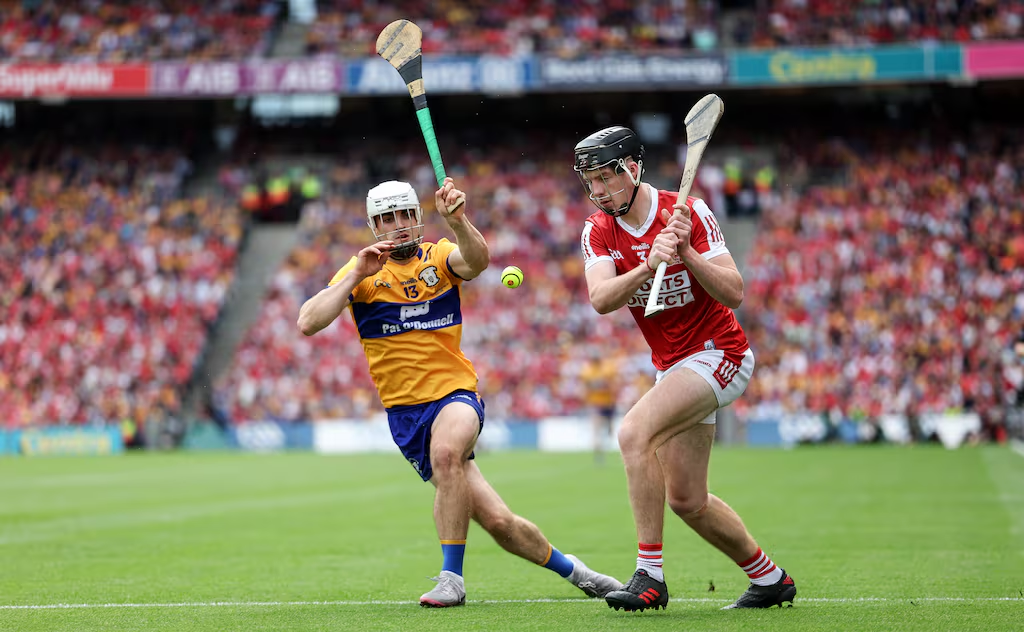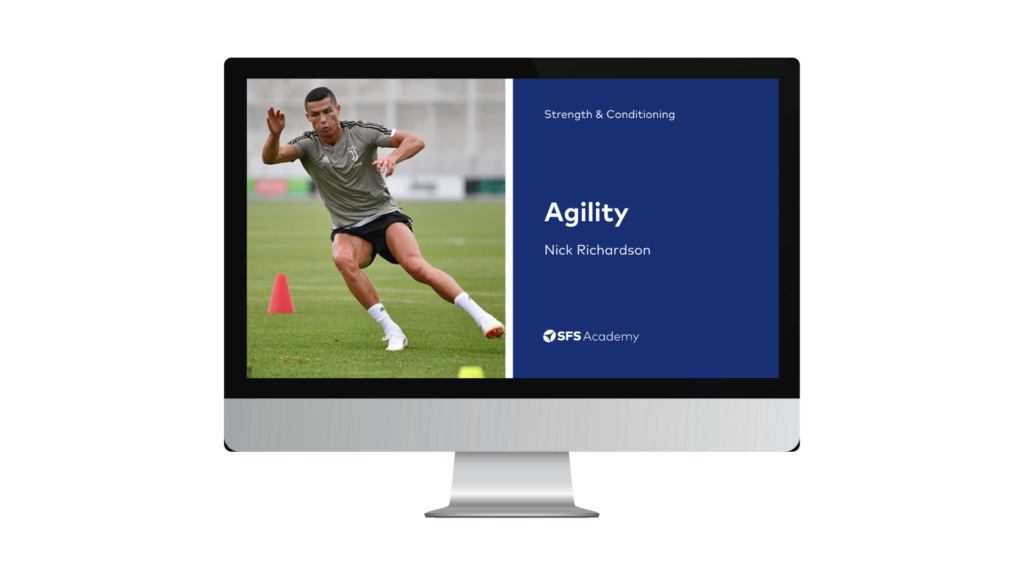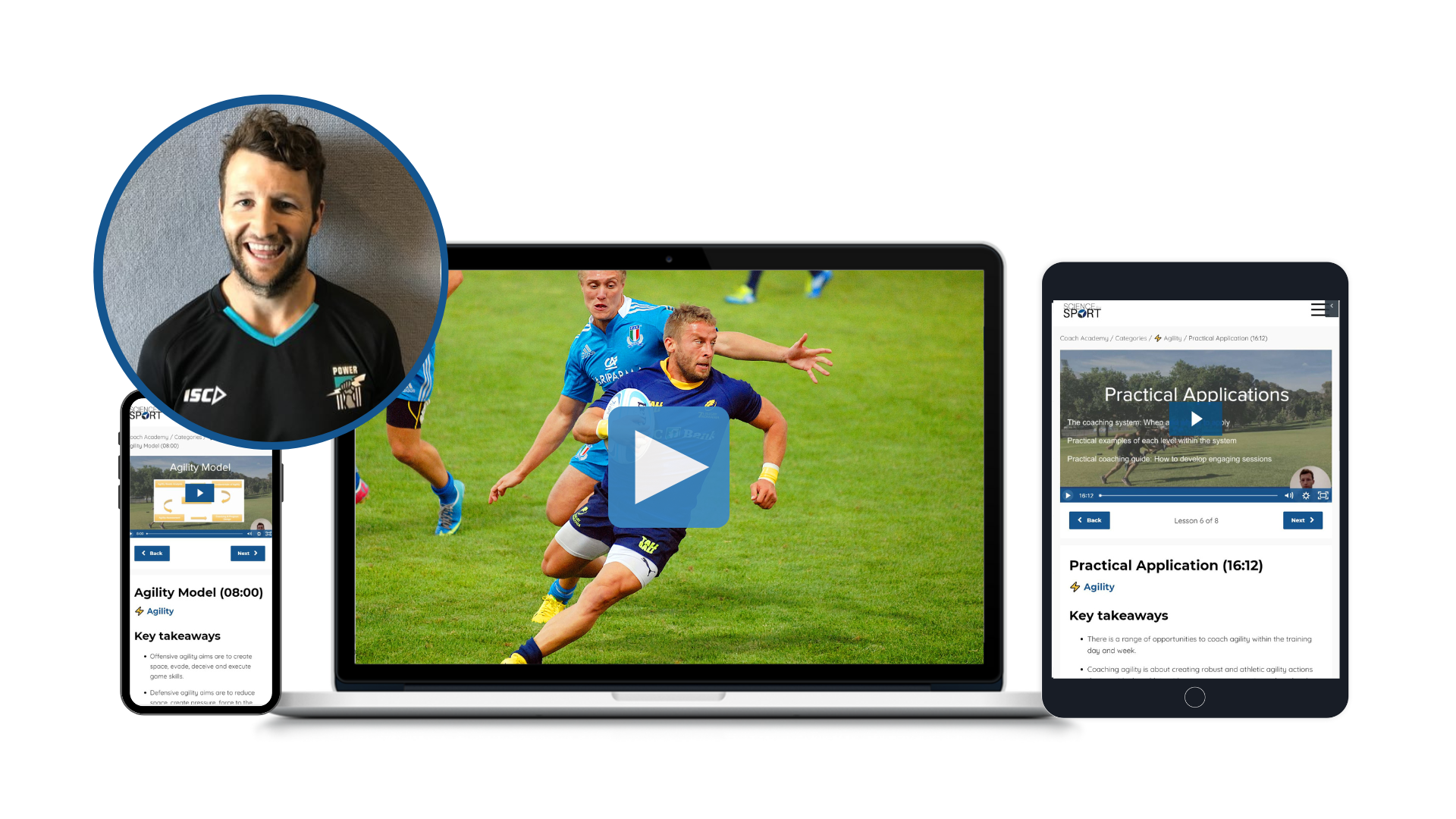This week in the world of sports science, here’s what happened…
- The All-Ireland Senior Hurling Championship Final
- Is hot water immersion more effective than cold water immersion?
- Eamonn Flanagan’s guidelines on how to effectively taper training
- Is caffeine the only effective ingredient in energy drinks?
The All-Ireland Senior Hurling Championship Final
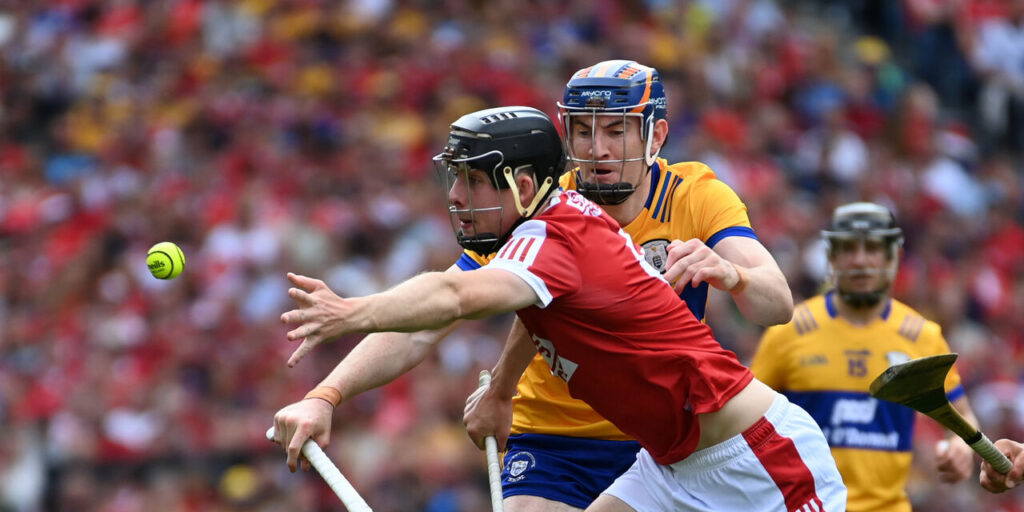
During the recent weekend in Ireland, the pinnacle of the sporting calendar, “The All-Ireland Senior Hurling Championship,” took place. Hurling, an indigenous sport in Ireland, is recognised as the fastest field sport globally. The final match attracted a crowd of over 82,000 spectators and gained extensive attention on social media platforms in Great Britain, as the BBC televised the event for the first time. First-time viewers were captivated by the remarkable athleticism and entertainment provided by the sport.
The display of exceptional skill in the final has garnered numerous new enthusiasts for Hurling (Check out this incredible piece of skill in the final here). It may come as a surprise to many that the players are amateurs and hold full-time positions outside of their athletic endeavours. For those interested, a comprehensive blog by David Nolan delves into the rigorous demands of the game, citing scientific research.
In the blog, Nolan provides valuable insights into the physical requirements of Hurling players. It is revealed that players typically cover 7.5-9+ kilometres during a game. The intense pace of the game necessitates significant distances covered at high speeds, with players often running 1.5 kilometres at high speeds and sprinting approximately 500 meters in a game.
Nolan’s analysis further outlines the physical attributes of these athletes. For instance, research indicates that players can deadlift approximately 1.85 times their body weight and bench press 1.3 times their body weight. Additionally, the average inter-county player can approximately cover 5 meters in 1.1 seconds, 10 meters in 1.8 seconds, and 20 meters in 3.1 seconds. Addressing aerobic capacity, Nolan examines a study revealing that the mean distance covered in the Yo-Yo Intermittent Recovery Test 2 by 150 players was slightly below 1600 meters, with some players achieving close to 2 kilometres. These findings align Hurling player’s fitness levels with those of elite athletes from other sports.
It was wonderful to see Hurling gaining well-deserved international recognition from an Irish perspective and I highly recommend checking out Nolan’s excellent blog. However, on a personal level, it was agonising to see my home county Cork narrowly defeated by Clare in the final. Knowing the dedication of the Cork backroom staff and the exceptional effort they put into preparing the players to showcase their remarkable skill and athleticism on the day was truly commendable. Nonetheless, congratulations to Clare. Hopefully, this will pave the way for Hurling to receive even more international recognition worldwide.
Is hot water immersion more effective than cold water immersion?
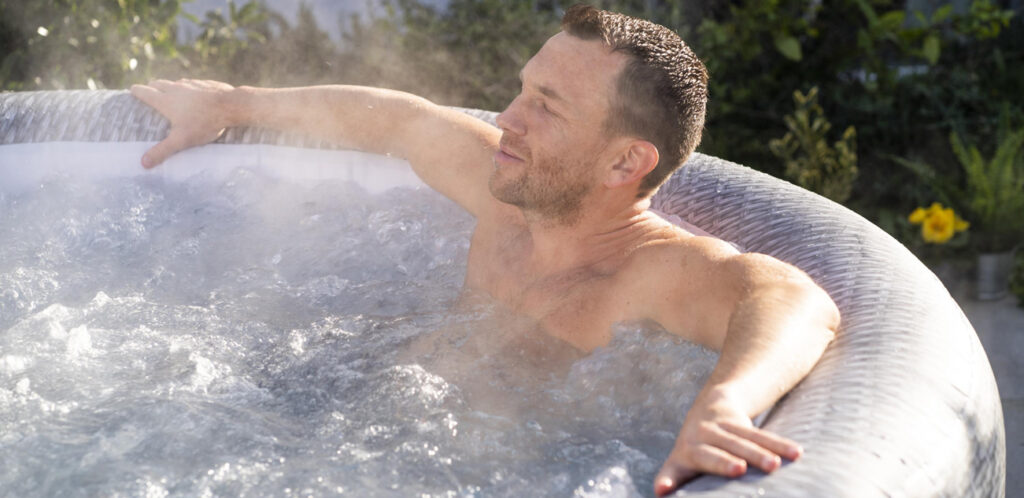
Esteemed academic figure Professor Stephen Patterson has recently shared a series of highly insightful articles on his LinkedIn profile. One such post delves into a recent study comparing hot water immersion to cold water immersion.
Professor Patterson provides a succinct overview of the study’s key findings in this post. The research involved 30 participants who underwent an exercise-induced muscle damage protocol and were subsequently categorised into three groups: a control group, a hot water immersion group, and a cold water immersion group.
The study’s results, obtained after 48 hours, indicated that participants subjected to hot water immersion exhibited significantly greater improvements in rate of force development and reduced muscle soreness, compared to those who underwent cold water immersion. Notably, the temperature utilised for hot water immersion was 41°C.
From these findings, Professor Patterson posits that hot water immersion is more effective in optimising recovery and sustaining explosive strength than cold water immersion. While further research is warranted, the evidence supporting Professor Patterson’s perspective is undeniably promising.
We encourage you to visit Professor Patterson’s LinkedIn profile for a more comprehensive exploration of this research. We have several great podcast episodes available that discuss how professionals have implemented both hot and cold water immersion for enhancing recovery. We invite you to listen and explore whether you lean towards the hot or cold side of the debate, or perhaps you believe in a contrast of both methods!
- Recover Like A Pro With The Latest Science Behind Cooling Techniques
- How To Use Hot & Cold To Optimise Recovery
- How Cold And Heat Exposure Can Fast-Track Your Recovery – And How To Do It Safely
Eamonn Flanagan’s guidelines on how to effectively taper training
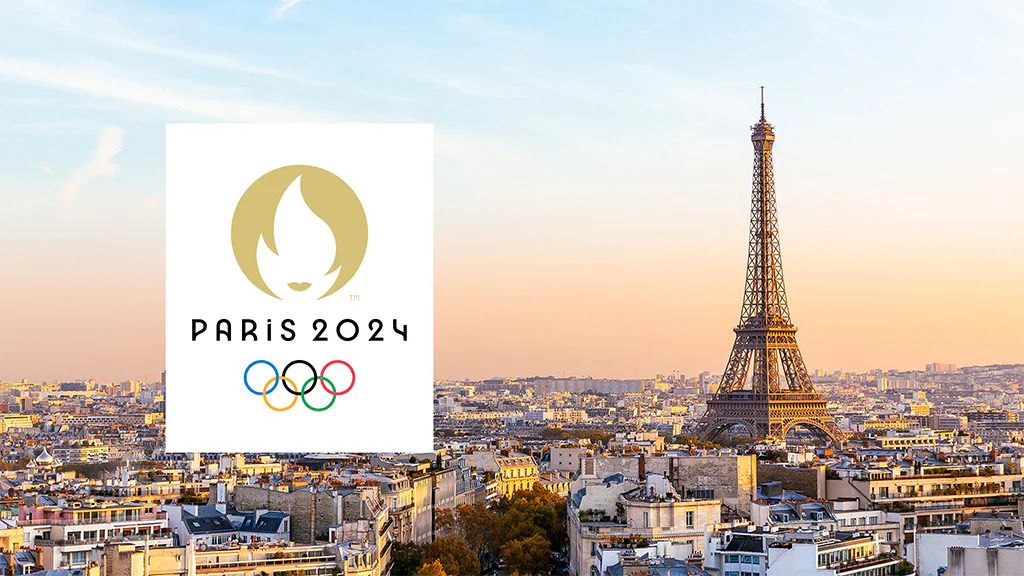
In anticipation of the upcoming Olympics, athletes are concluding their training, and their focus is shifting towards tapering their training schedules. A recent post by Eamonn Flanagan on X emphasised the importance of tapering for strength and power events.
Flanagan stressed that the objective of tapering training is to minimise fatigue and optimise competition performance. He outlined several advantages of an effective taper, including a potential 20% increase in strength and power, reduced muscle damage after training, positive effects on the endocrine system, improved sleep quality, and enhanced overall mood.
While emphasising the need for a personalised tapering strategy based on the athlete’s experience, training age, and previous training regimen, Flanagan also offered practical guidelines for planning a taper. The duration of the taper may vary from 7 to 28 days depending on the athlete’s accumulated fatigue. Flanagan recommended reducing training volume by at least 50% while maintaining or slightly decreasing training intensity (10-15% reduction). Consequently, the impact of the tapering strategy largely stems from the reduction in training volume.
Additionally, Flanagan cited a research paper on tapering to support his assertions. If you want to learn more about planning an effective training taper, we highly recommend checking out Flanagan’s post and the research paper he used to support his claims.
Is caffeine the only effective ingredient in energy drinks?
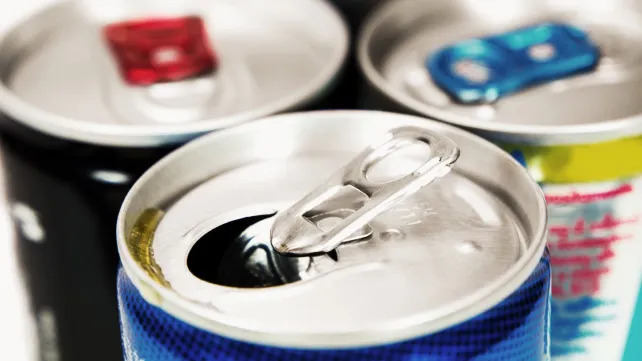
During the recent International Society of Sports Nutrition (ISSN) Conference, a notable study titled “Beyond The Buzz” was presented, generating extensive discussion online. The study scrutinised the efficacy of energy drinks, casting doubts on their effects.
The study enrolled 21 exercise-trained participants who completed a series of tests, including the Profile of Mood States (POMS), handgrip strength, and a maximum push-up test, after consuming an energy drink and a control drink containing 200 mg of caffeine.
The results indicated that the energy drink did not yield significant effects on mood, reaction time, handgrip strength, or muscle endurance compared to the control drink with an equivalent caffeine content. Notably, the energy drink used in the study was “Gorilla Mind”. These findings suggest that the additional ingredients in energy drinks may not exert a significant impact beyond the effects of caffeine.
From us this week:
>> New course: Investigating S&C Practices
>> New podcast: Reclaiming The Soul Of Youth Sport
>> New infographic: Reactive Strength Index
>> New article: German Volume Training
Access to a growing library of sports science courses
SFS Academy is an all-access membership to premium sports science education.
With SFS Academy, you’ll learn from some of the best coaches around the world as they teach you how to apply the latest research and practice with your athletes.
